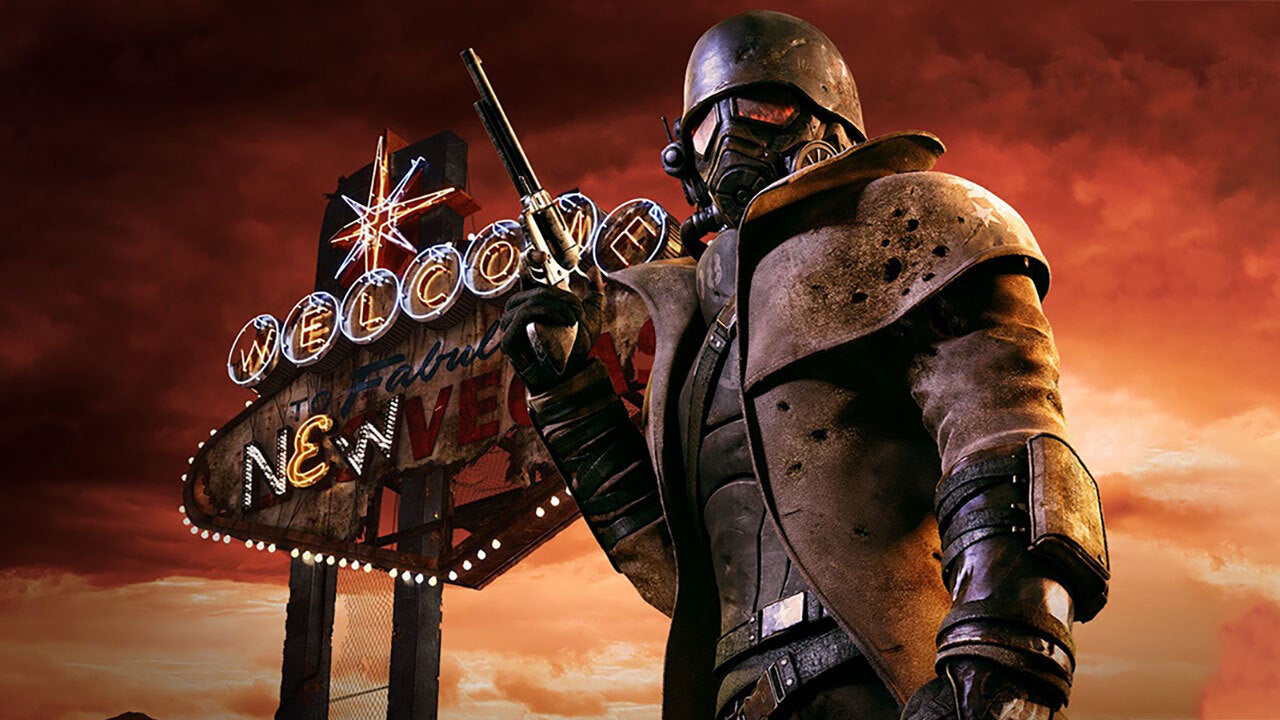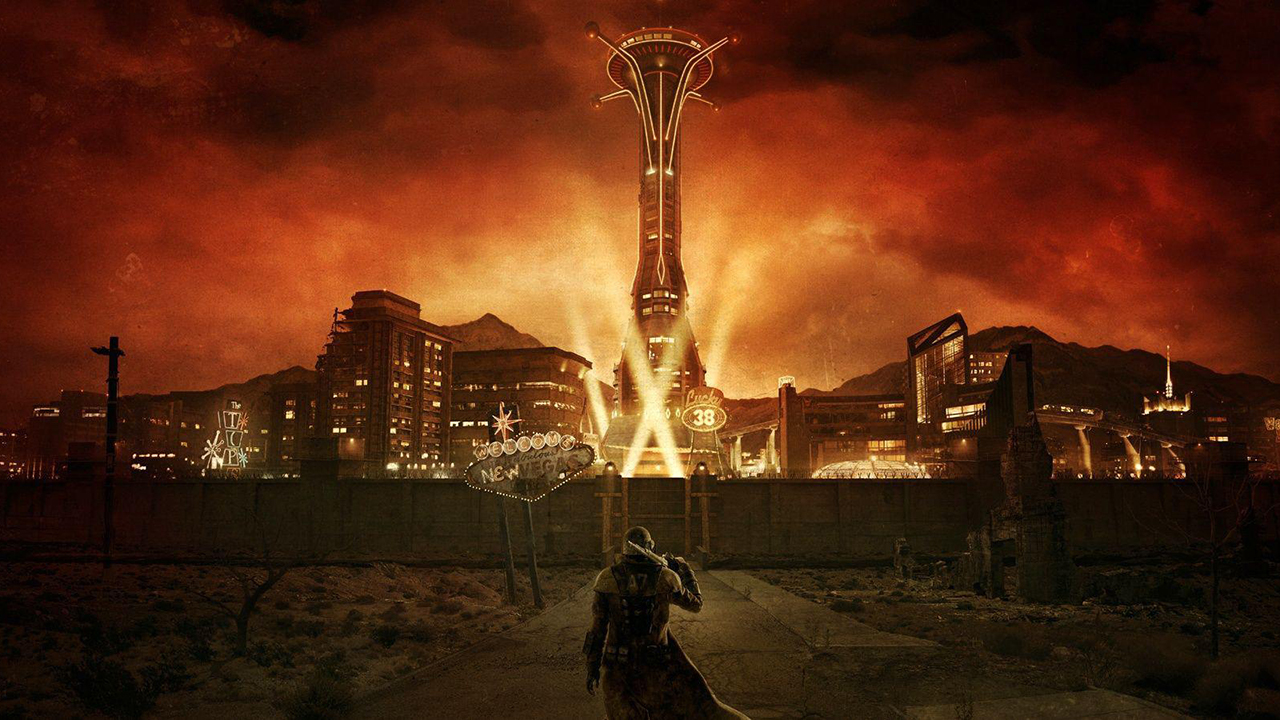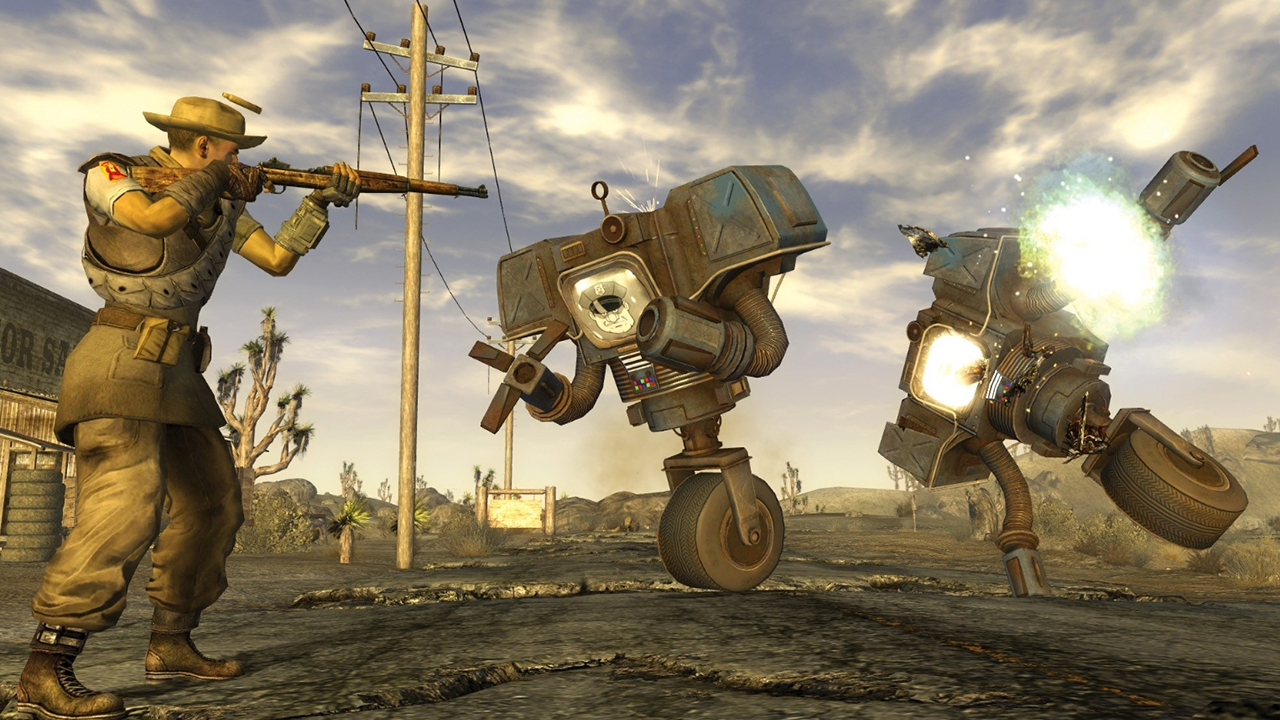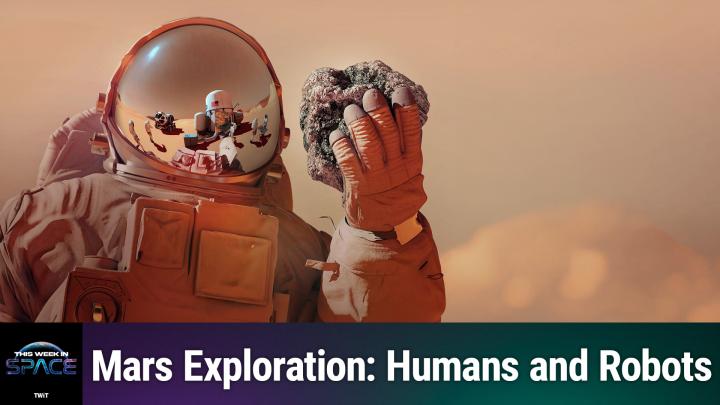'Fallout: New Vegas' came out 15 years ago, but there's never been a better time to return to the Mojave Wasteland

Breaking space news, the latest updates on rocket launches, skywatching events and more!
You are now subscribed
Your newsletter sign-up was successful
Want to add more newsletters?
We knew Prime Video's Fallout TV show would go to New Vegas as soon as Season 1 ended, but it wasn't until the first trailer was released that we realized the iconic setting would be at the center of the entire second season, which premieres on December 17. On top of that, Fallout: New Vegas has just turned 15, so now seemed like the perfect time to look back on one of the finest sci-fi RPGs ever made.
With that praise being said, Fallout: New Vegas was hardly a universally praised slam dunk back in 2010. While many critics and players already celebrated Obsidian Entertainment's renewed focus on the deeper RPG aspects of the game and the stronger writing across the board versus Bethesda's (massively successful) first attempt with Fallout 3, the hectic 18-month development process was evident.
Big cuts were made, and the game arrived in less-than-ideal shape. A mix of patches, mods, excellent official expansions, and time eventually elevated it to today's widely accepted opinion – that it's the best Fallout has ever been.
But what made it so enduring? Why won't veterans stop recommending it over the rest? How can Fallout Season 2 expand on the iconic setting? Let's shuffle up, deal, and see what the cards hold for the future of New Vegas.
"The game was rigged from the start"

Set in the year 2281, New Vegas was the first mainline Fallout game to introduce a main character not connected to the vaults*: the Courier, who is just a person trying to survive out there in the Wasteland. When you've played through the entire game at least once, that seemingly small decision feels like the first of many bold swings and a pushback against unspoken conventions.
Update: *As a reader correctly pointed out, we originally made a mistake here, saying the first non-vault dweller — that distinction goes to Fallout 2's protagonist. We have corrected the language here.
At first, New Vegas is a simple revenge story. The Courier is part of a larger plot and considered expendable, but doesn't find that out until much later. This naive setup gives the player a perfect excuse to push forward and get to New Vegas (the actual city that survived the nukes). That's just one step of the journey, though.
Breaking space news, the latest updates on rocket launches, skywatching events and more!
By the time you learn about what the game really is about, chances are its systems, mechanics, and colorful cast of characters will have grabbed you. Whereas some open-world games just lay all their cards on the table from the get-go and others choose to be all mysterious, Josh Sawyer and his team gave us just enough of a narrative hook to keep the intrigue up while we learned about the world and the factions. While the average Fallout 3 player would happily delay the search for their lost family in favor of those tantalising side quests, tracking down the man who tried to murder you is an objective with an almost primal psychological element.
That's not to say your story stays small. The Courier has a huge impact on the world and the way the main narrative plays out by the time they reach the end section. While some RPGs offer the illusion of choice — where your character just reacts to events and makes a few key choices — New Vegas keeps things muddy until the very end instead, even allowing the player to game the system if the cards they're dealt aren't enticing enough; apt given the casino theming.
A complex ideological war

Though the irradiated and mutant-filled Mojave Desert may not be as rewarding to just explore as the Capital Wasteland in Fallout 3 or later Bethesda-crafted maps, it's hard to deny that it houses the most interesting factions the series has had. Three big groups (and a surprise fourth) to follow or fight against might not seem like a lot, but how the New California Republic (NCR), Caesar's Legion, and Robert House's automated forces are portrayed and used in-game makes a huge difference.
The NCR represents a return to North American 'normalcy' and old-fashioned democracy... which also involves expansionism and imperialism to "pacify" the Wasteland. Caesar's Legion is a straight-up totalitarian dictatorship of LARPers playing Romans. Last but not least, Robert House (aka Mr. House) is the enigmatic ruler of New Vegas; he's kept a fragile peace and formed a city-state that 'works' when everything doesn't. All raise fair points (okay, maybe not the guys obsessed with the Roman Empire), but, more importantly, present the player with weighty paths forward as that region of the former United States tries to rebuild.
New Vegas goes beyond the good/bad dichotomy and allows players to play more complicated figures based on choices built around political and ideological expressions. Even Caesar's Legion isn't presented as an ontological evil, but a sad, logical endpoint of completely unchecked authoritarianism, which loops back to the past, a dark reflection of the NCR's worst impulses and the cautionary tale for modern empires that feels especially prescient in today's political environment.
As for Mr. House, his promise of eternal 'stability' comes at a price, and at his core, he's just another rich man past his prime using the fear of the unknown and outsiders as a weapon to protect a capitalism-defined status quo two centuries past its prime.
They're all ugly allies on paper, but with even more nefarious forces at work, you may have to choose the lesser evil to give the Mojave Wasteland and New Vegas enough time to heal.
What's next for New Vegas?

We won't have to wait long to find out what happened in New Vegas canonically, as the Fallout TV show begins in 2296 and Season 1 revealed the NCR took a huge blow. The Season 2 previews have also shown members of Caesar's Legion and several well-known locations, all without revealing who's ruling over the New Vegas Strip. Perhaps more important will be the exploration of the location's past and Robert House's initial motivations. Whatever Jonathan Nolan and the show's writing team have done, it's safe to say hardcore fans will have a lot to say come December.
On the video games front, there's still some semblance of hope that a New Vegas remaster (or even a follow-up) could happen at some point, especially now that Bethesda and Obsidian are under the same Microsoft-owned roof and the franchise has blown up in popularity thanks to Amazon's highly successful series.
For now, New Vegas holds up excellently as an open-world action-RPG full of sci-fi elements – especially if you go into the DLC – that puts its roleplaying and storytelling aspects above everything else.
Fallout: New Vegas is currently available for purchase on PC (Steam, GOG, Epic Games Store) and Xbox consoles via backwards compatibility. The base game is included with Game Pass Premium and Ultimate subscriptions.
Fran Ruiz is our resident Star Wars guy. His hunger for movies and TV series is only matched by his love for video games. He got a BA of English Studies, focusing on English Literature, from the University of Malaga, in Spain, as well as a Master's Degree in English Studies, Multilingual and Intercultural Communication. On top of writing features and other longform articles for Space.com since 2021, he is a frequent collaborator of VG247 and other gaming sites. He also serves as associate editor over at Star Wars News Net and its sister site, Movie News Net.
You must confirm your public display name before commenting
Please logout and then login again, you will then be prompted to enter your display name.

